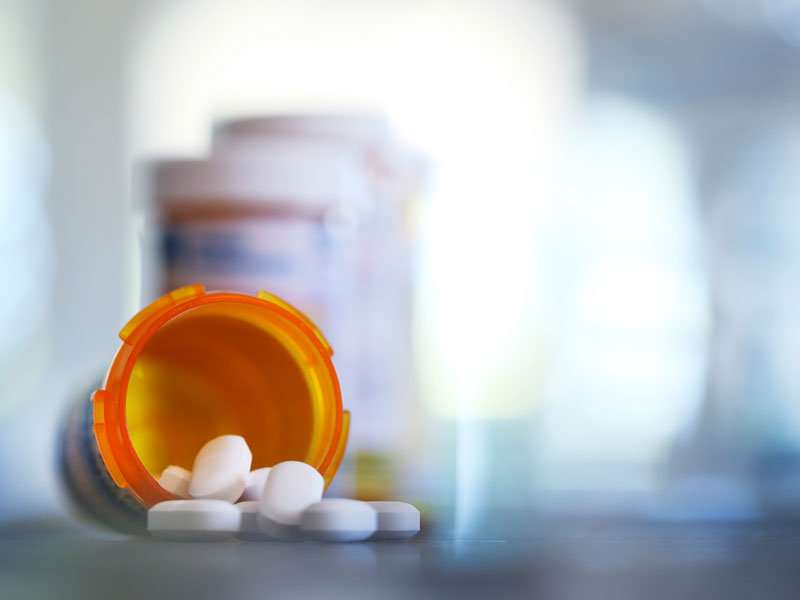Carbon monoxide improves effectiveness of antibiotic medication

Carbon monoxide can improve the effectiveness of antibiotics, making bacteria more sensitive to antibiotic medication, according to a study led by Georgia State University.
Researchers paired carbon monoxide with the antibiotic metronidazole and found carbon monoxide enhanced the efficacy of the antibiotic against H. pylori, a type of bacteria that infects the stomach and causes peptic ulcers. The findings are published in the journal Organic Letters.
"We found that if you administer carbon monoxide together with an antibiotic called metronidazole, it can sensitize bacteria toward the same antibiotic by 25-fold," said Dr. Binghe Wang, Regents' Professor of Chemistry and director of the Center for Diagnostics & Therapeutics at Georgia State and a Georgia Research Alliance Eminent Scholar in Drug Discovery. "It makes the bacteria much, much more sensitive to the antibiotic.
"We always hear about the discussions of drug resistance. When we have drug resistance, it's not because these bacteria will not respond to antibiotics anymore. Most of the time, it means there is decreased sensitivity. If you can resensitize bacteria or sensitize them, then that would allow you to either use a smaller amount of antibiotic or use the same amount that would kill many, many more bacteria."
Carbon monoxide is infamous for its toxicity at high concentrations, but it also has promising potential as a medical gas. Produced naturally in the human body, carbon monoxide is essential for survival and plays an important role in reducing inflammation, promoting cell proliferation and regulating cellular immune response to pathogens. Studies have found carbon monoxide has antimicrobial effects.
In this study, the researchers developed a prodrug system that releases three components: carbon monoxide, an antibiotic (metronidazole) and a fluorescent molecule used to monitor the release of carbon monoxide. A prodrug is the precursor of a drug and must undergo a chemical conversion before becoming an active pharmacological agent. This prodrug system has a three-reaction sequence and becomes active when placed in water, which sets the reaction in motion.
They studied H. pylori bacteria in a culture dish and compared the effect of only the antibiotic metronidazole against the bacteria versus the prodrug system with metronidazole and carbon monoxide combined.
More information: Ladie Kimberly C. De La Cruz et al. Click, Release, and Fluoresce: A Chemical Strategy for a Cascade Prodrug System for Codelivery of Carbon Monoxide, a Drug Payload, and a Fluorescent Reporter, Organic Letters (2018). DOI: 10.1021/acs.orglett.7b03348
Journal information: Organic Letters
Provided by Georgia State University




















